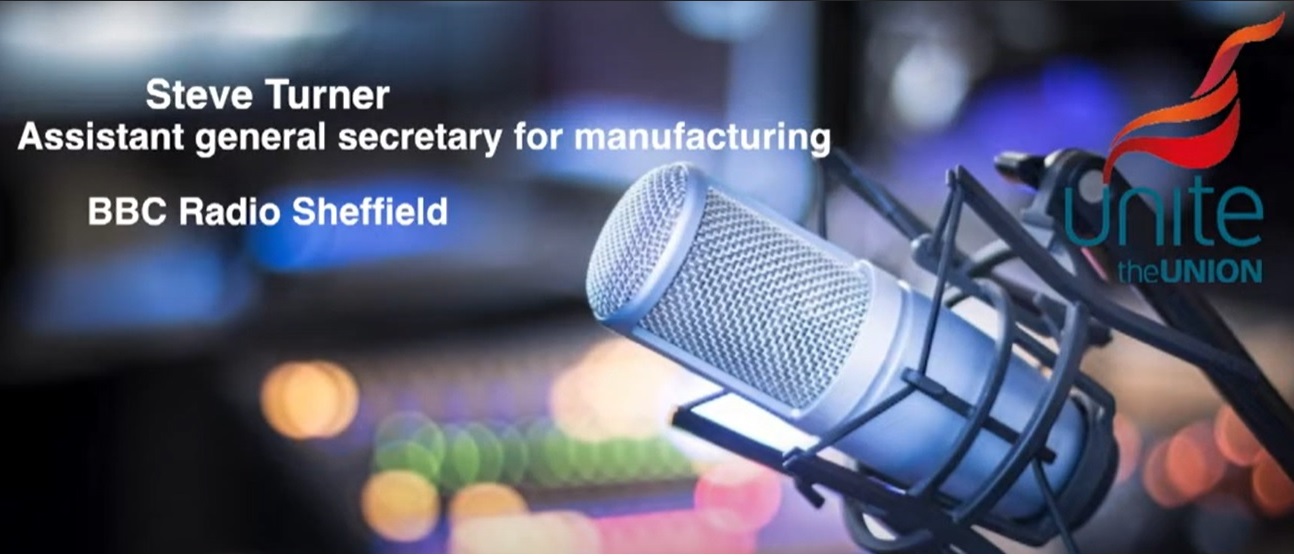Timetable now call
The government’s continued incompetence in devising a long-term defence strategy has been again exposed after last month the ministry of defence (MoD) refused to set out a timetable for building its new fleet of Type 26 global combat ships.
The project, which was supposed to commence this year, has already been beset by delay after delay, putting the future of Clyde shipbuilders on hold yet again.
At a Commons defence committee hearing in late July, Tony Douglas, the MoD’s top official responsible for military equipment, told MPs that he could not give them “a time or date” as to when plans for the project would finally be approved.
When junior defence minister Harriet Baldwin was asked when the frigate design would be approved, which the MoD has blamed for the delays, she merely said, “It could be next year. We do not know yet.”
These responses to the defence committee have stoked further fears about the future of the Type 26 after defence secretary Michael Fallon said in June that the schedule for the programme “has not yet been set.
“These are ships likely to cost between half a billion and £1bn each, and I am not going to sign a contract for these ships until I am satisfied that they represent good value for our navy and good value for the taxpayer,” Fallon noted.
Unite secretary Scottish secretary Pat Rafferty, who visited the BAE Systems Scotstoun and Govan shipyards yesterday, where the frigates are set to be built, demanded from the government an immediate end to the “unnecessary delays”.
“Unite shop stewards and members at BAE have been doing great work defending jobs on the Clyde, as well as the pay and conditions of our members,” he said.
“I share the concerns of our convenor at Scotstoun, Duncan McPhee about the unnecessary delays to the start of work on these frigates.
“Unite’s message to the UK government is clear: you have made a commitment to the workers and to the country – let’s get the timetable sorted and let’s get to work,” Rafferty added.
Unite convener at BAE Systems’ Scotstoun yard Duncan McPhee said that members “worked hard with BAE and the UK government to ensure that this contract came to the Clyde.
“We have a guarantee that the eight ships will be built on the Clyde, but we need to end any uncertainty now,” he added. “We have a skilled workforce at Govan and Scotstoun ready to get on with the job. Let’s do it.”
Earlier this year, McPhee told UNITElive that the delays so far will have serious consequences for the workforce.
More than 2,000 shipbuilders currently working at the two BAE sites on the Clyde were deployed under a restructuring plan laid out specifically to prepare for the manufacture of the Type 26.
The BAE workforce made major sacrifices under the restructuring – the shipyard in Portsmouth was shut for good and 1775 jobs were lost in England and Scotland.
Painful decisions
“There were some painful decisions made during the restructuring and the position of the workforce is they don’t see why they should have to suffer any longer – they’ve lived up to their end of the bargain,” McPhee said.
Â
The workforce was dealt another blow when it was announced last year that the number of Type 26 frigates to be built would be reduced from 13 to eight.
“We need to keep the manufacturing drumbeat going on the Clyde,” McPhee argued, warning that as the current workforce is being redeployed, with their skills being put to use elsewhere, young people are no longer being recruited.
Now, the 2,300 workers at the two sites on the Clyde are being employed building offshore patrol vessels instead of the war ships they’ve been trained to manufacture.
“Training programmes have also been massively cut solely because of the decision to delay the Type 26 programme,” McPhee said.
Government â€raids’
Unite national officer for shipbuilding Ian Waddell slammed the government for “raiding the pot” on funding set aside for the programme, which he says has been the actual culprit behind the protracted delays.
“The government is only now talking about formulating a shipbuilding strategy when this should have been done a long time ago,” he said. “A complex UK-based naval shipbuilding strategy is a fundamental part of sovereign capability. We cannot afford to have any more dithering on the Type 26 programme.”
Waddell highlighted the role that Unite is playing in pushing for a wide-ranging defence strategy that brings in high-skilled jobs which support the wider economy and local communities while also protecting the UK’s interests across the world.
“We’ve been giving evidence to MPs while also piling on the political pressure by lobbying ministers and shadow ministers to protect jobs,” he explained.
This is all part of Unite’s Defend our Spend campaign, whose central aim is to “defend defence jobs, skills, communities and security – and the future of the UK’s defence sector.” Find out more here.
 Like
Like Follow
Follow


